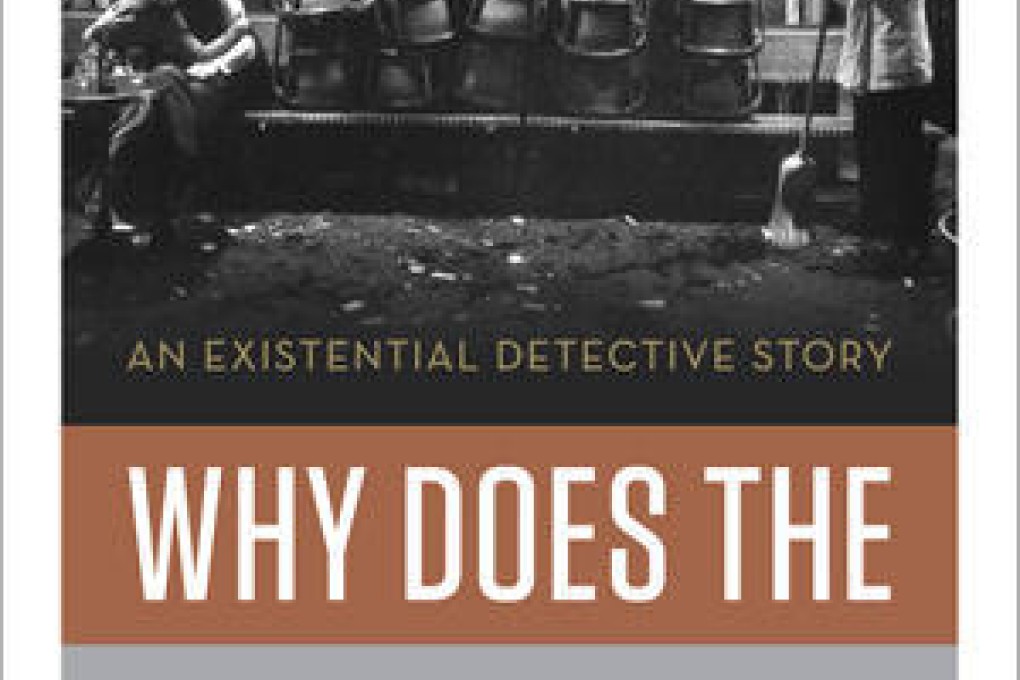Deep thinkers ponder the biggest question
That question - "Why is there something rather than nothing?" - occupies the centre of Jim Holt's book, which is by turns a philosophical and scientific inquiry, written through a broadly personal lens.

by Jim Holt
Liveright
David L. Ulin
That question - "Why is there something rather than nothing?" - occupies the centre of Jim Holt's book, which is by turns a philosophical and scientific inquiry, written through a broadly personal lens. Beginning with his discovery of this "ultimate why question" as a teenager, Holt frames his investigation as a series of conversations with luminaries from the academic and cultural worlds.
In these pages, we meet Sir Roger Penrose, who in 1970 with Stephen Hawking showed that the Big Bang "must have been a singularity" - a self-contained event with no deterministic cause. We hear from Nobel physics laureate Steven Weinberg and novelist John Updike, and theologian Richard Swinburne. The subjects share a curiosity, a quality of engagement, in the face of everything they cannot know.
What Holt is asking, after all, is unanswerable, which means that any response, even the most nuanced, must be conditional in the most fundamental sense. For Holt, any universe, even one with no beginning, has an internal logic of its own. He makes the point succinctly from the outset: "The idea that the world somehow holds the key to its own existence - and hence that it exists, necessarily, not as an accident - jibes with the thinking of some metaphysically inclined physicists, such as … Penrose, and the late John Archibald Wheeler [who coined the term black hole]."